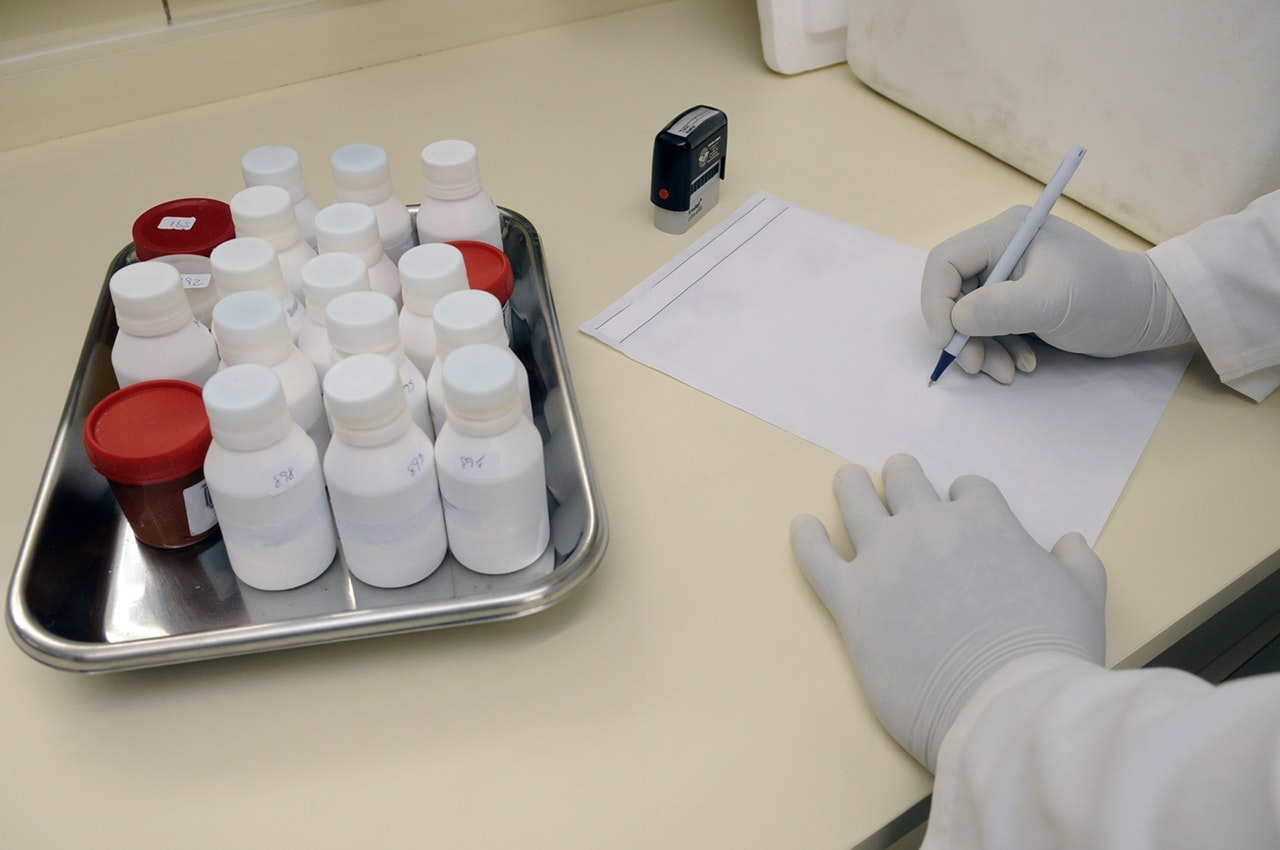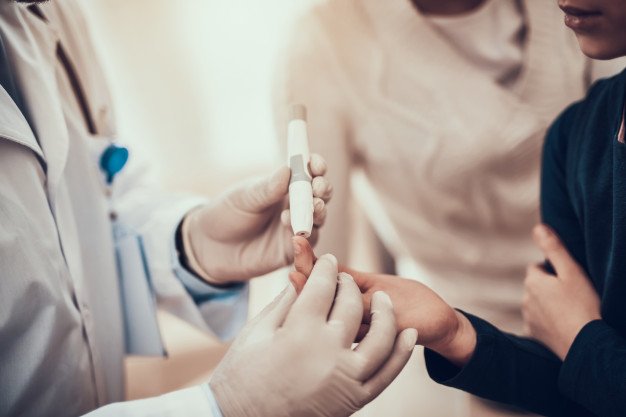If you are suffering from a health condition and require intervention from your GP, it can be quite difficult to get a quick appointment even when you go to the nearest walk-in center. That’s why you may want to consider going to see a pharmacist instead to get an answer to your problem. Of course, you cannot go to your pharmacist in every situation, but here are the best times when you can and will still get the best medical service from them.
When Should You Turn to a Pharmacist Instead of a GP:
1. When your symptoms are not really severe:
If you are suffering from the flu or have some sort of infection, and already know what you’re suffering from, this may be a time to actually go to a pharmacist to see if they can recommend the best products. Although a pharmacist cannot diagnose your condition, they can help if you need advice on medications, and which ones would help the best ease your symptoms. They can also recommend products if you have allergies or are looking to avoid a certain medical ingredient.
2. When you need a specific health test:
Another thing that you can get from your pharmacist, as well as your GP, are specific tests. It’s important to remember that pharmacists do undertake a 6-8-year program to get qualified, so you are in safe hands if you need a specific medical service. So, if you have diabetes and need a blood or blood sugar level test, blood pressure monitoring or even advice on home monitoring tests, speaking to a pharmacist is a great place to start.
3. Your GP’s waiting time is too long:
Sometimes we just can’t wait to get an appointment. You can go to as many walk-in centres as you like, but the waiting times are too long and sometimes you can just get turned away. However, if you understand your symptoms or just want to know what you can get to cure them, you don’t just need to wait for months on end to hear back from a doctor. Instead, you can speak to a pharmacist who can give you advice on medications to ease any painful symptoms. Try speaking to a pharmacist as soon as you can, but also make an appointment with your GP. That way you can get the best of both worlds and get treatment as you wait to see your doctor.
4. You need a prescription update:
Seeing a doctor time and time again to get another prescription request for creams, pills or injections can be time-consuming. Sometimes your every-day commitments give you precious little time to spend at the doctors, especially if you cannot get an appointment in the evening. That’s why you can either speak to a pharmacist about a repeat prescription, or you can use an online pharmacy, by Lawsat Pharm, to quickly request your treatment. This way you can make sure you do not miss taking your prescription.
5. You do not have a GP in the area:
If you have not signed up for a GP in your area, as you may not be local, this may be the perfect time to see a pharmacist. You may have just moved there or are on holiday in the area. Either way, visit a local pharmacist to make sure you can get some treatment before you return home.
Read Also:
























